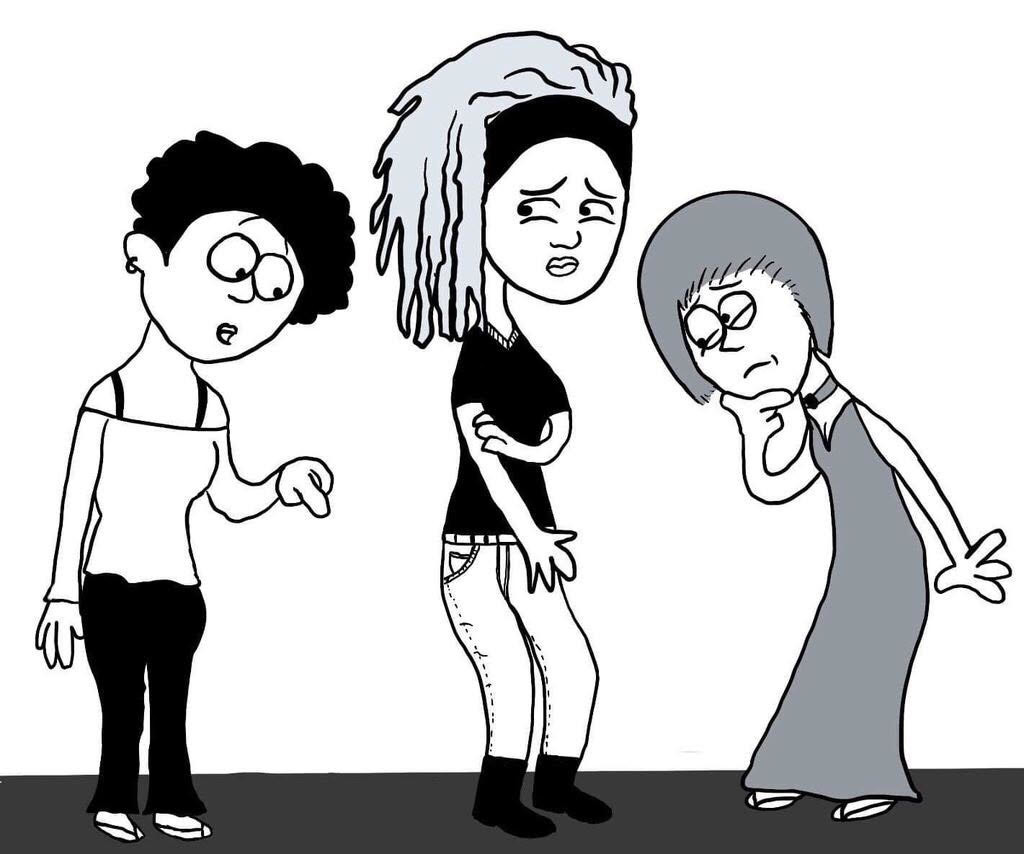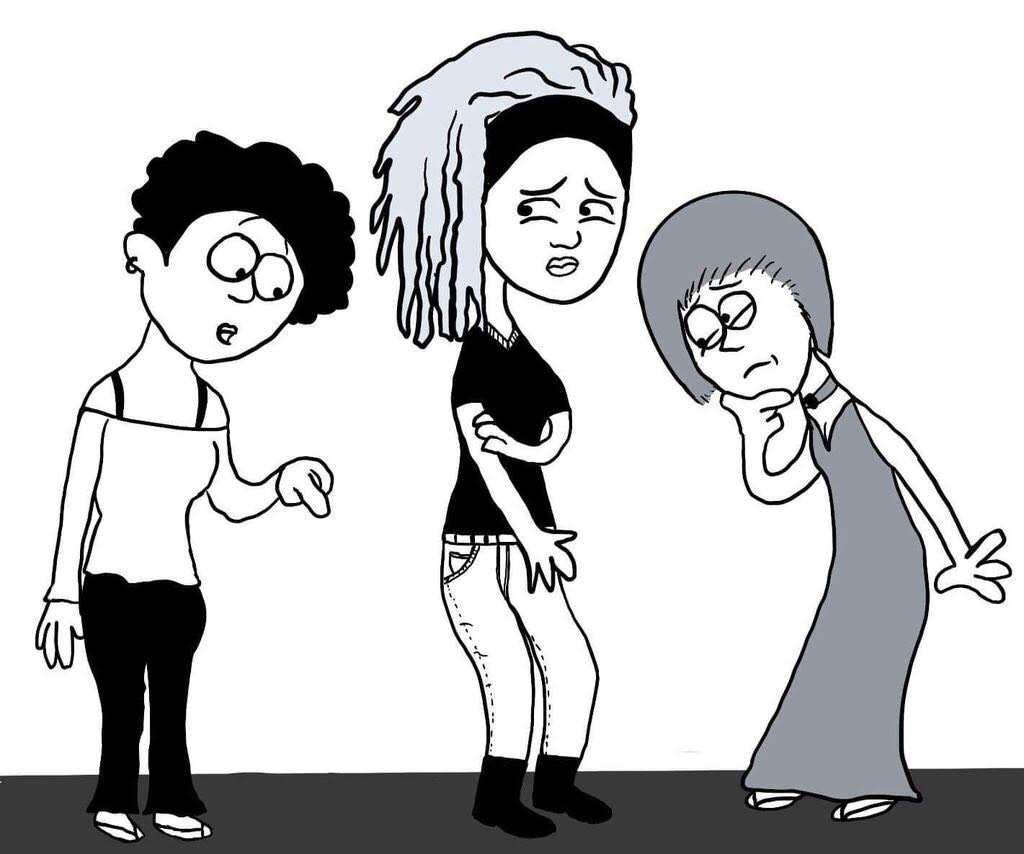Some people have questioned my gender identity and sexual orientation because of the way I dress. I wear quite a bunch of men’s clothing — shirts, sweaters, and a coat.
The first time that I bought men’s clothing was with my dad, browsing around the men’s section at a GAP store. I picked up the first thing that caught my eyes, a men’s blue checkered coat.
In the fitting room, I looked at myself in the mirror. All I saw was me in a blue checkered coat. I didn’t feel any less feminine. It fit me. I liked it. I came out of the fitting room, and my dad smiled and said that it looked nice on me. I ended up getting the coat and another men’s sweater.
As we left the store, I asked my dad what he thought about me wearing men’s clothing.
“It doesn’t make you who you are, it’s the other way around,” he told me. “As long as you know who you are deep down, clothing is just a part of you.”
I was lucky enough to be born into a liberal, not-your-typical-Asian family, with parents who are supportive and forward-thinking about non-mainstream cultures and identities. Even though we’ve lived in the U.S. for under five years, our values and ideals have always been associated more with Western ideologies than our more traditional Eastern background.
My dad was right. My style of dressing is an expression of my internal identity to the outside world. It is a statement of mine, one that is, and should only be, owned and entitled by me.
When people see a girl alone in the men’s section, they think she’s either shopping for her boyfriend, or she’s a lesbian. When they see my gender-neutral outfits, it’s most likely the latter.
Why is something as arbitrary as clothing a way of profiling gender identity or sexual orientation?
It’s as if your only two options are to be like everybody else and wear clothes that don’t present you the way you want to be seen, or stand out at the cost of facing assumptions from others about your identity. The question shouldn’t be “Is self-expression worth being subject to other people’s judgments?” Rather, it should be “Do their opinions even matter?”
For those who don’t conform to the mainstream or the majority culture like me, whether it be through their race, gender identity, sexual orientation, or religion, it seems inevitable to feel pressured to conform, and in the process cause people to misunderstand and invalidate you.
We focus too much on drawing a line between right and wrong, and neglect the fact that it’s not always black-and-white. Why does there have to be a clear line between the men’s and women’s clothing sections? When can the gap between assumption and understanding be merged? How can we transcend the limitations of judgements?
Can we completely eliminate people’s presumptions? I doubt it. Making assumptions and judgements has become almost intuitive, to the point that oftentimes we don’t even realize we’re doing it. And recognizing other people’s differences doesn’t necessarily mean holding prejudice, as they can be useful to fill in the gaps in our knowledge about another person.
Instead of using assumptions as a vehicle for judging someone, we should acknowledge the limitations of our assumptions. These limitations — if we let them — can help us look at the differences between ourselves and strangers in a respectful, appreciative way.


